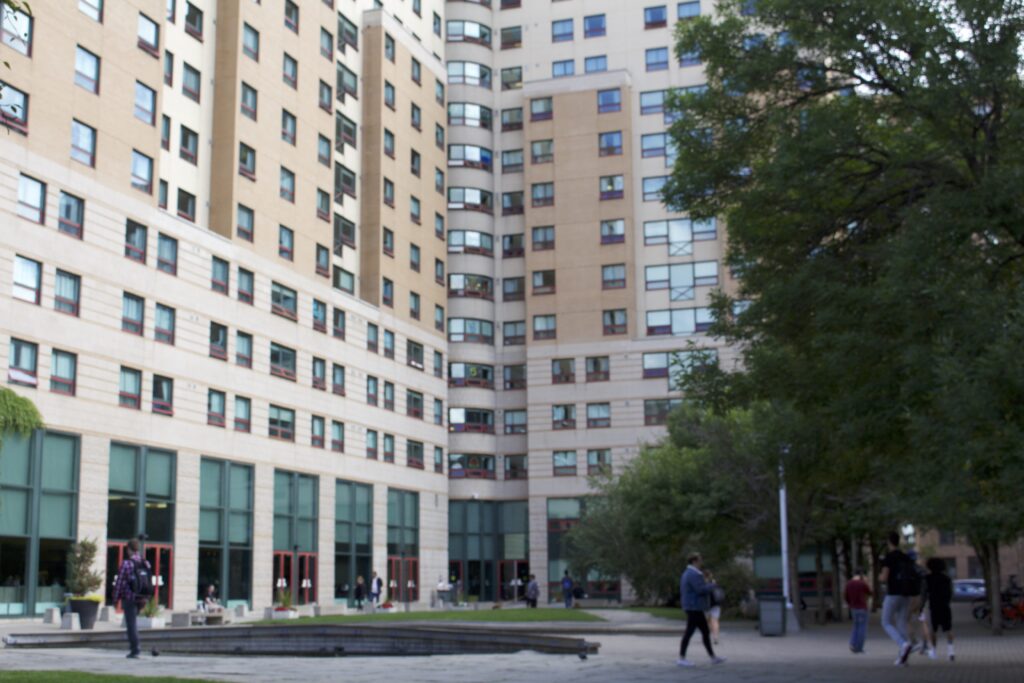
Ryerson University has changed the way campus residence rooms are assigned to include all gender identities.
This is the first year incoming students had the opportunity to choose an all-gender housing option on their residence applications. This means that they could be paired with students of a different gender identity.
Students were also not required to indicate their gender unless they wanted to be matched with a roommate of the same gender identity.
The new application was finalized last fall for the 2017-18 school year, but Ryerson’s housing and residence life department had been considering the changes for years.
Director Ian Crookshank explained, “We were hearing from students that the current practice, which was based on binary gender identity, was outdated but also harmful.”
He added that nearly 50 per cent of this year’s incoming students selected all-gender accommodations.
The new initiative also coincided with changes to Ontario university application forms, which expanded their gender identity fields this fall to include a non-binary option.
For Crookshank, the shift is about removing barriers and creating a safe and supportive campus culture, particularly for first-year students beginning a new chapter in their lives.
“I hope it encourages people to apply to live in residence [and] see residence as a beneficial thing for them, from both a personal and academic experience,” Crookshank said.
Madelin Dawson and Shanti Harris are first-year performance acting majors living in Pitman Hall. Both chose the all-gender housing option and identify as female.
“A mixed bag is a lot more comfortable for everyone,” Dawson said. “But if someone is more comfortable as a girl being with only girls, I think that is also pretty legitimate.”
Harris added that she applauds Ryerson’s concerted efforts to help students feel included in their new environment.
“When I did my orientation on my floor we said what pronouns we are. I thought that was cool.”
‘A step in the right direction’
The move sparks a conversation about accessibility and inclusion on university campuses.
“I definitely think it’s a step in the right direction,” said Camryn Harlick, vice-president of equity for the Ryerson Students’ Union (RSU). “It sets a very good precedent for students from the get-go that their identity is being validated.”
Harlick identifies as non-binary. They, along with Ryerson’s Trans Collective, were instrumental in the push for more equitable housing. They were consulted by the housing and residence life team to help make changes to the application process.
“For a lot of trans students, moving away to university is the first time they’re able to really explore their gender identity and look more into themselves as a trans or queer person,” Harlick said.
While the change is more than welcomed, Harlick believes there is more work to be done, particularly when it comes to educating people on its significance.
“For trans students this really can be a matter of feeling safe or unsafe in housing,” Harlick said. “If you’re not necessarily understanding why this change is happening, it’s a great opportunity to go out and do some of that learning for yourself.”
